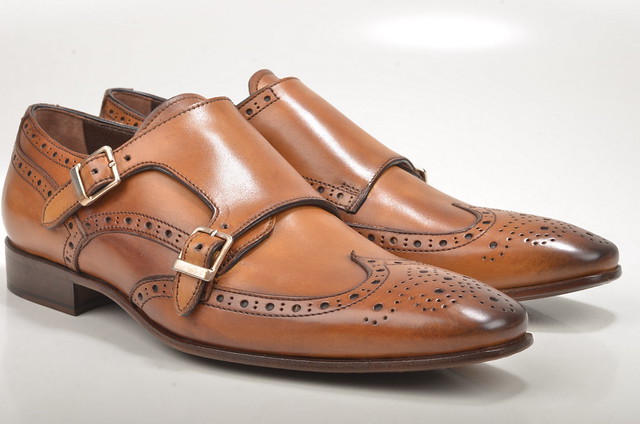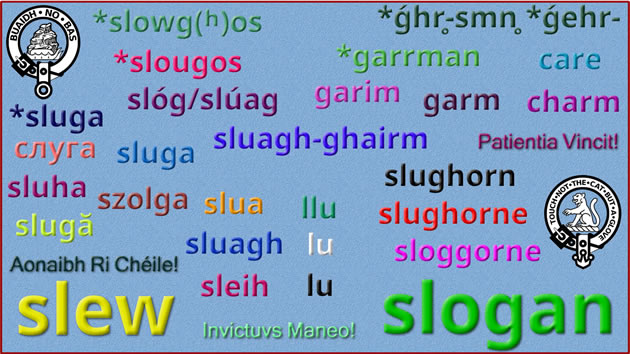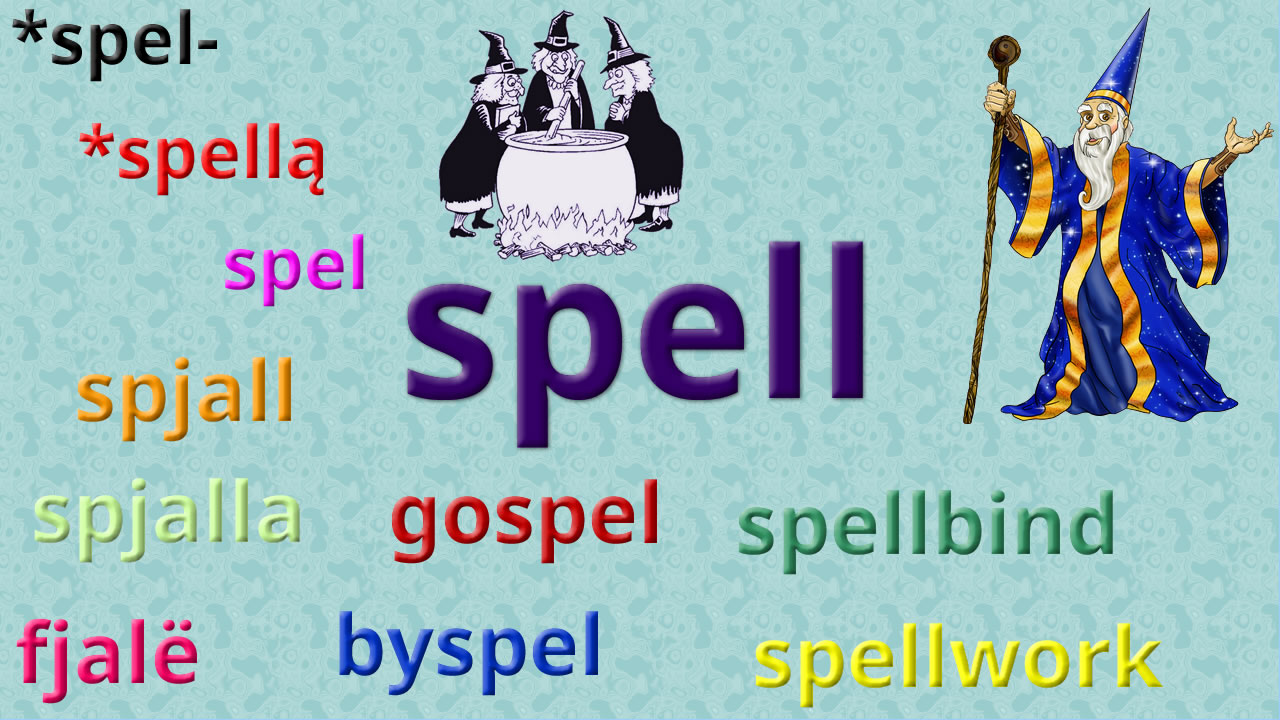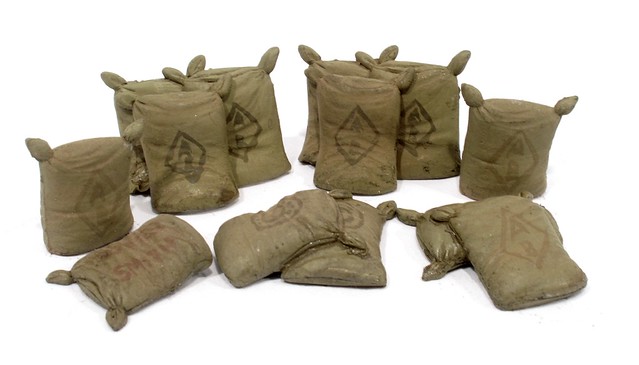Podcast: Play in new window | Download
In this episode we’re look into the tangled origins of the word brogue. I decided to make this a joint Adventures in Etymology / Celtic Pathways episode rather doing two separate ones. I hope you don’t mind.
The word brogue in English refers to a type of shoe, or a strong accent, particularly a strong Irish accent when speaking English, although it originally referred to Irish spoken with a strong English accent, or a heavy shoe of untanned leather.
It comes from the Irish word bróg (boot, shoe), from the Old Irish bróc [broːɡ] (shoe, sandal, greave), from the Old Norse brók (trousers, breeches) or the Old English brōc (underpants), both of which come from the Proto-Germanic *brōks (rear end, rump, leggings, pants, trousers), from the PIE *bʰreg- (to break, crack, split) [source].
Related words in other Celtic languages include:
- bròg [brɔːg] = shoe, boot, hoof in Scottish Gaelic
- braag = brogue, shoe in Manx
- brog = brogue (shoe) in Welsh
Brogue in the sense of accent might come from the Irish word barróg (hug, wrestling grip, brogue, impediment of speech) [source], which comes from the Old Irish barróc (fast hold, tight grip, embrace, gripe, stitch) [source],
Other words from the Proto-Germanic root *brōks include breeches/britches in English, brók (trousers, underpants) in Icelandic and Faroese, brok (trousers) in Swedish and Norwegian, and broek (trousers) in Dutch [source].
The Irish word bríste (trousers), the Manx word breeçhyn (breeches) and the Welsh word brits/britsh (breeches) were borrowed from the English word breeches. The Scottish Gaelic word briogais (trousers) comes from the Scots breeks (trousers, breeches), from the Middle English breke, from the Old English brēċ [breːt͡ʃ] (underpants) [source].
More details of shoe– and trouser-related words in Celtic languages can be found on the Celtiadur, a blog where I explore connections between Celtic languages in more depth. I also write about words, etymology and other language-related topics on the Omniglot Blog.
You can also listen to this podcast on: Apple Podcasts, Amazon Music, Stitcher, TuneIn, Podchaser, PlayerFM or podtail.
If you would like to support this podcast, you can make a donation via PayPal or Patreon, or contribute to Omniglot in other ways.










